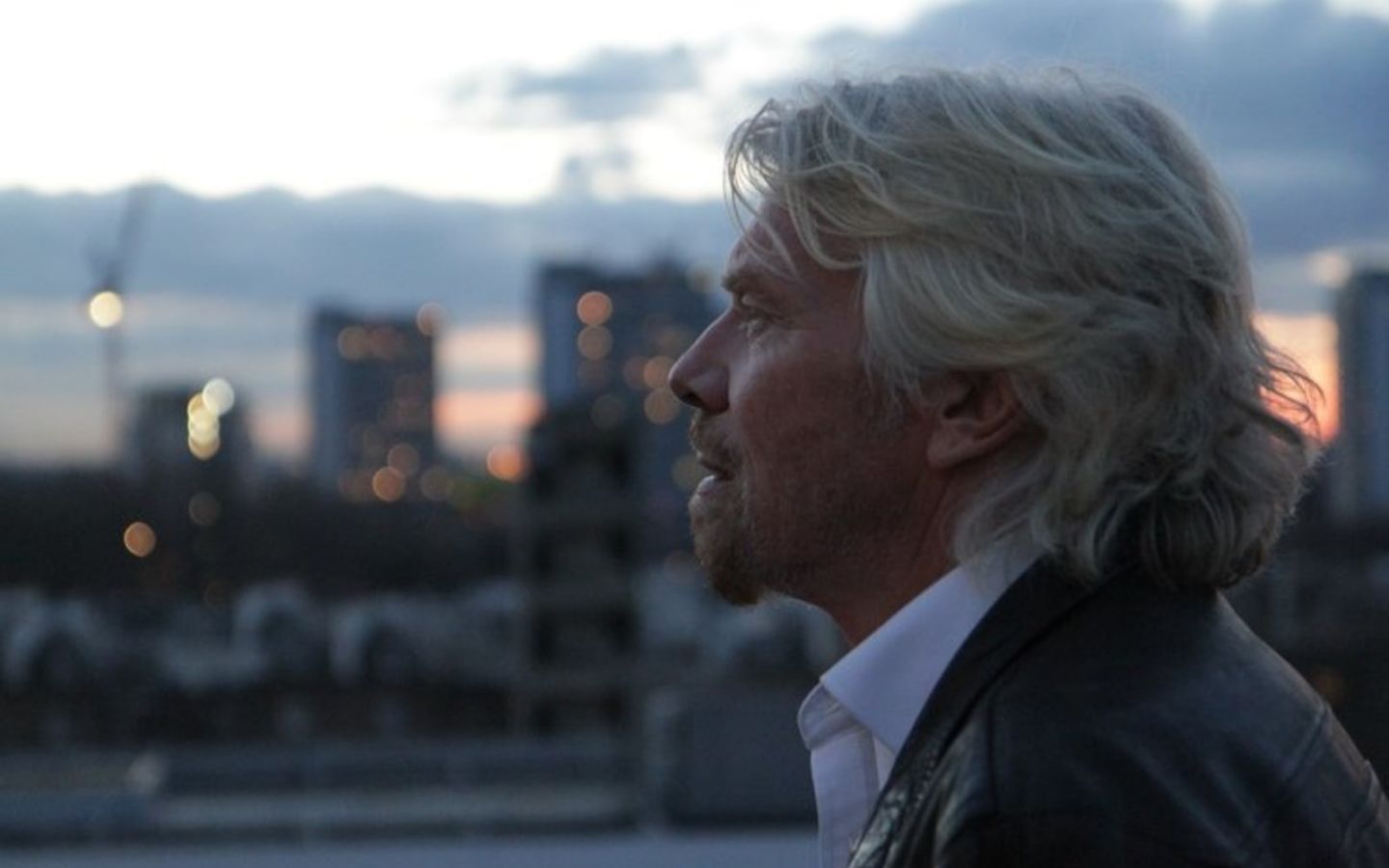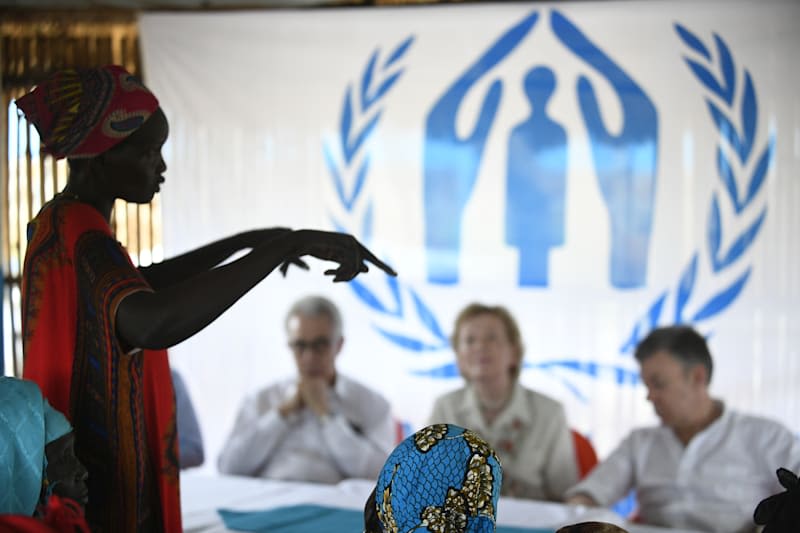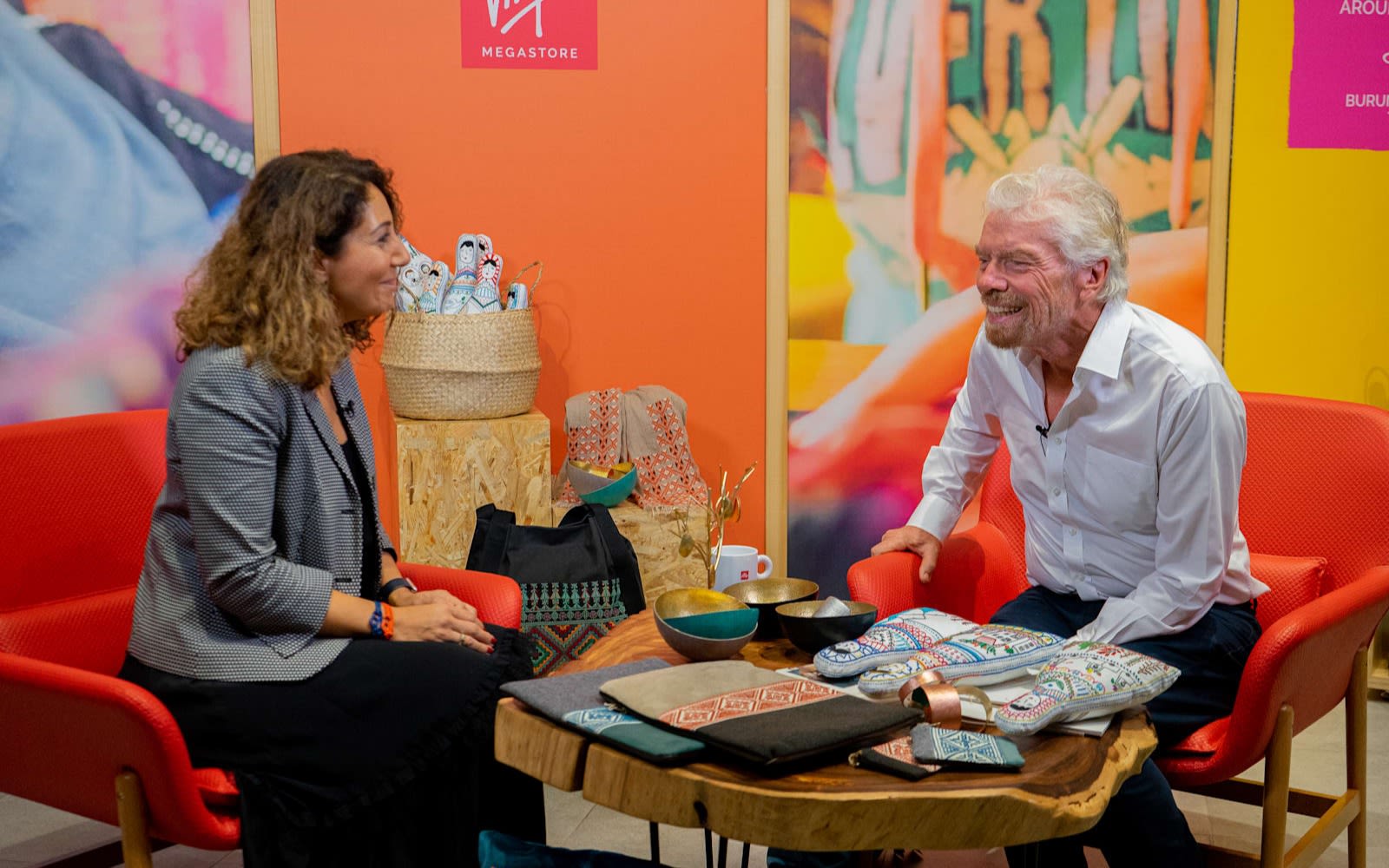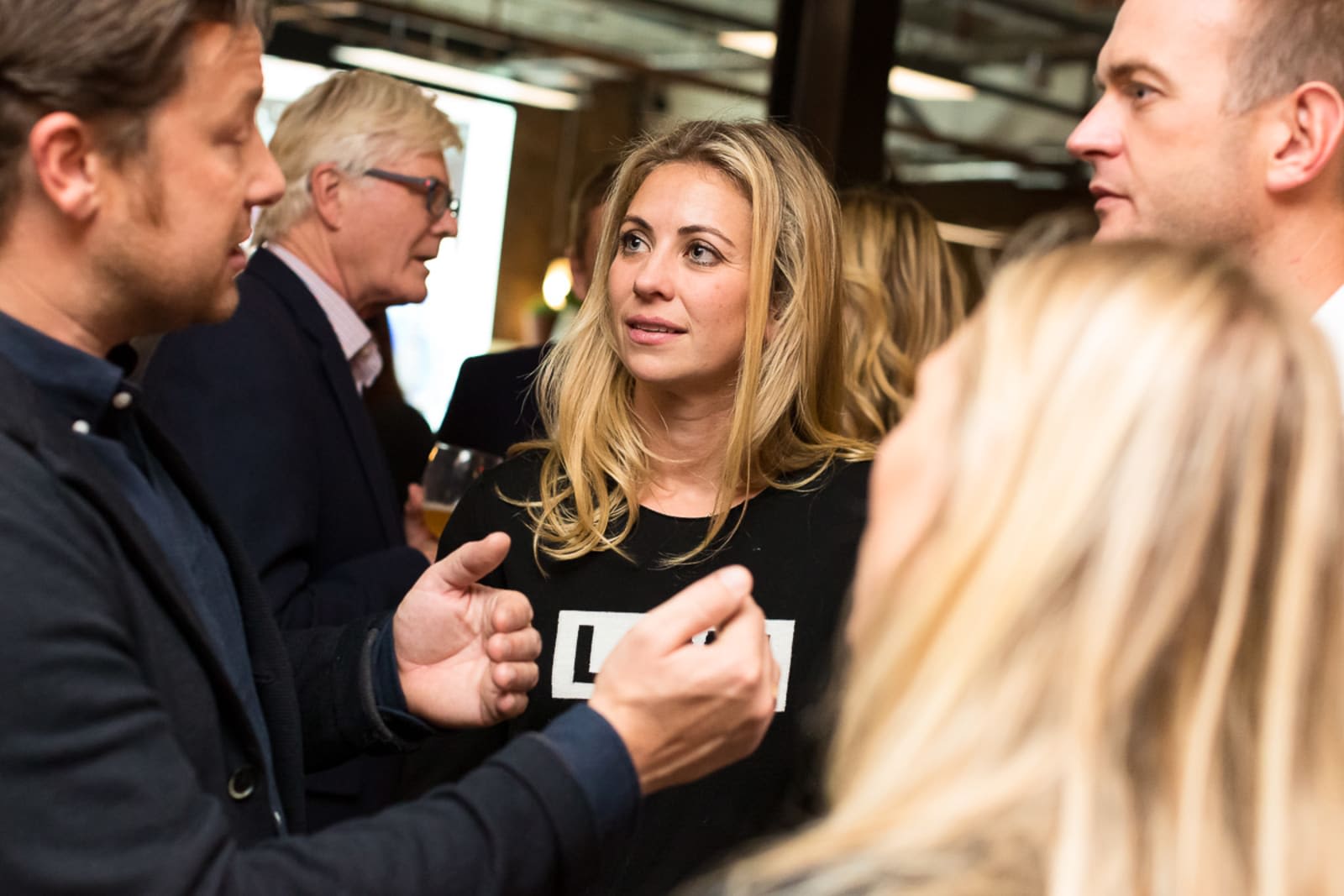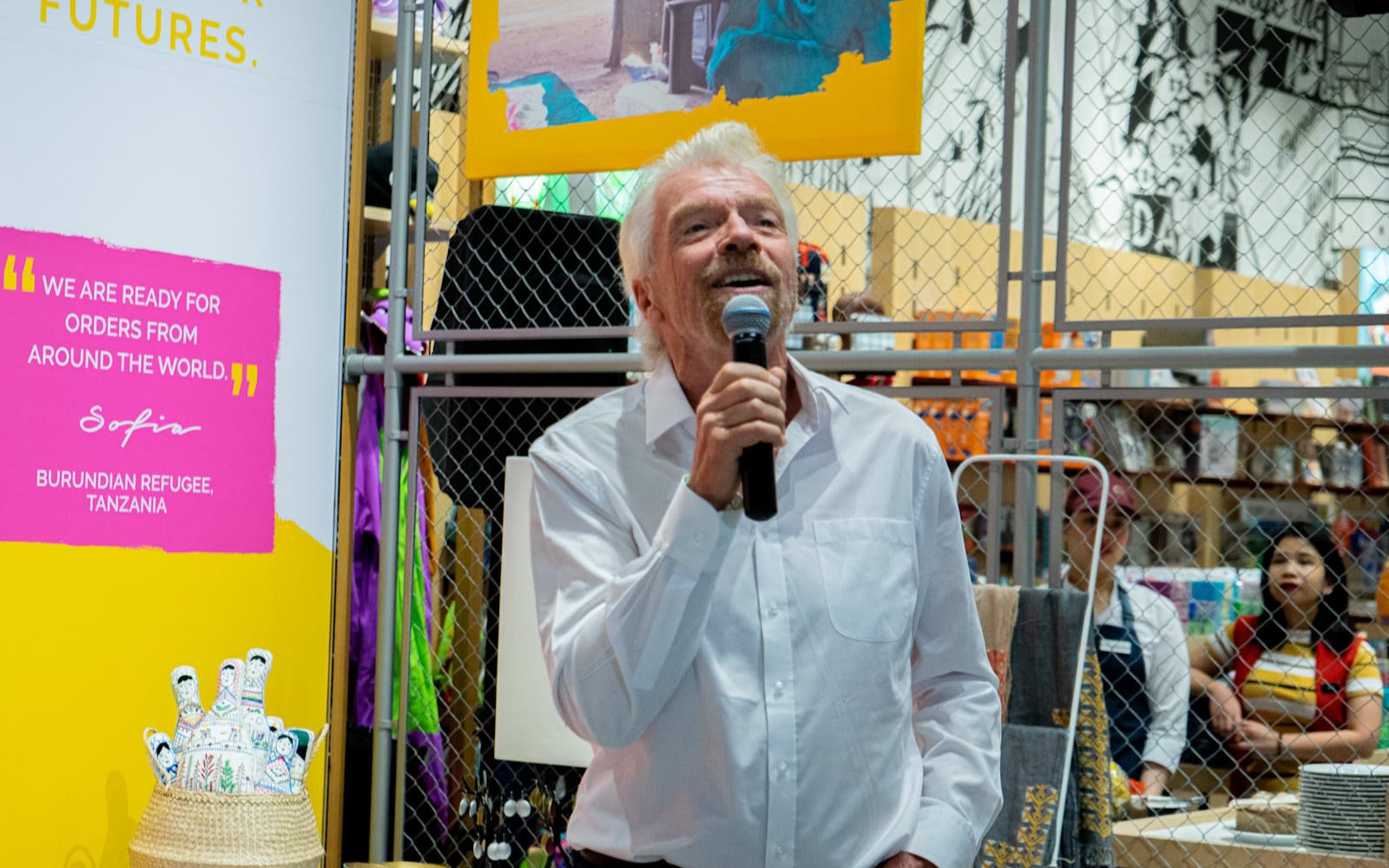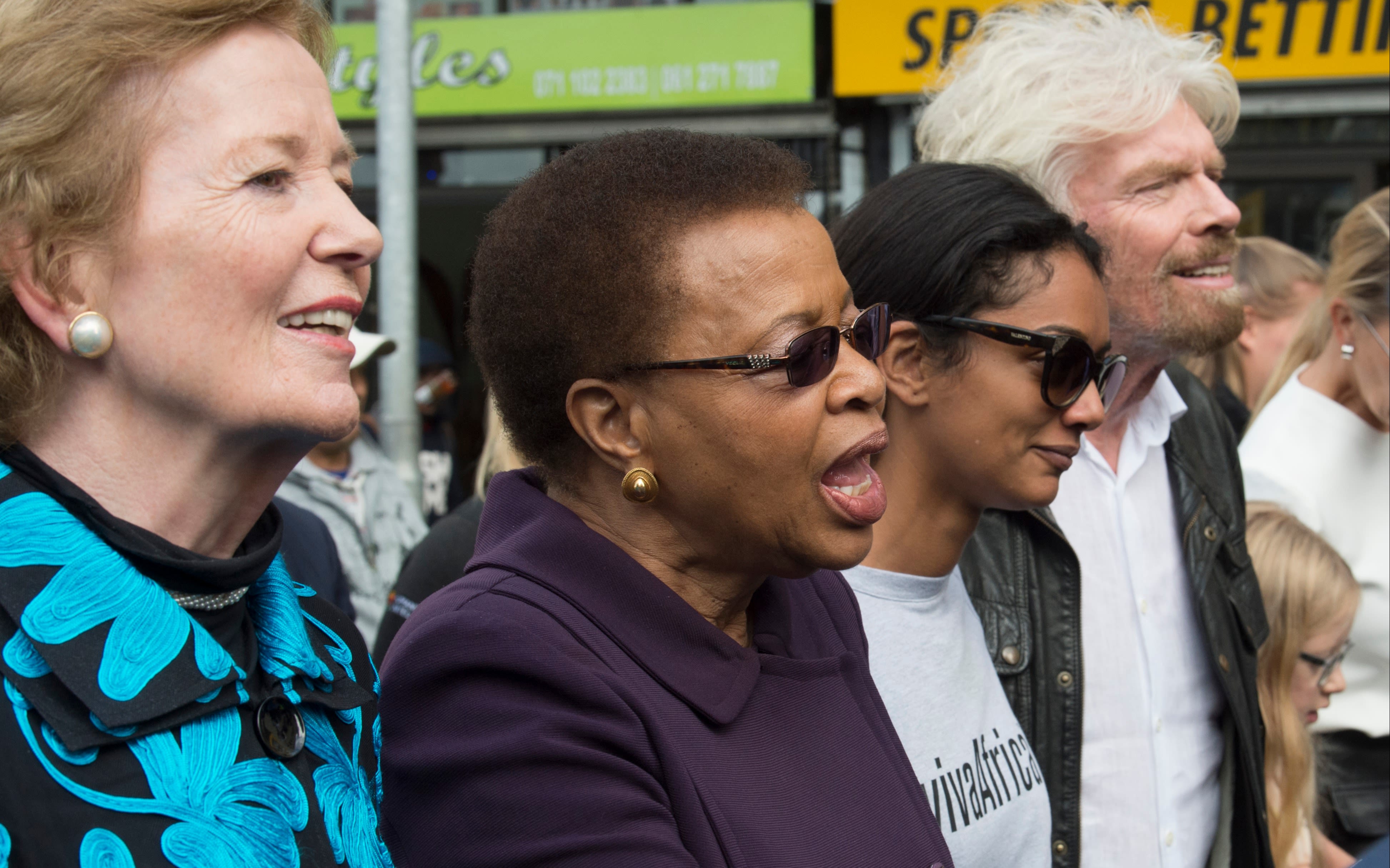Supporting refugees
World Refugee Day is an important reminder that the global refugee crisis continues unabated, and the COVID-19 pandemic has not made things easier. Already vulnerale in so many ways, refugees have been disproportionately affected by COVID, as health care, let alone COVID vaccines, are often not available to those who have barely escaped armed conflict, oppression, persecution, poverty, and natural disasters.
According to UNHCR, the UN Refugee Agency, there are roughly 82.4 million forcibly displaced people globally, more than 1% of the world’s population. This number is likely to grow as the climate crisis continues to threaten peace and stability in so many nations, and as armed conflict and unrest is driving people from their homes in so many countries around the globe.
This massive humanitarian challenge, visible in Mediterranean waters, on Greek Islands and in vast refugee camps from Bangladesh to Uganda, shows us every day how connected humanity's most serious crises really are. Reducing emissions to reach net zero, tackling the threat of global pandemics, advancing climate justice, fighting corruption, strengthening the rule of law, and seeking peaceful solutions to conflict are all key to prevent the kind of forced displacement we have seen in recent years.
More than two thirds of global refugees are hosted in neighbouring countries, many of which have been battered by COVID-19 and the resulting economic and social struggles. While some, like Colombia, are taking great strides to integrate millions that have arrived with little more than the clothes they wear, these countries need every support they can get. Western nations should take efforts to share the responsibility of refugee protection.
This extends to policy and practice, guaranteeing safe passage for asylum seekers and accelerating resettlement, education access and the right to work so that refugees can rebuild their lives and their livelihoods. Given what we know about the net contribution refugees have been shown to make to their new communities, I’ve always seen resettlement and integration as an opportunity – a worthwhile social investment that will drive growth, prosperity, and diversity and enrich host societies in countless ways.
While much responsibility rests with governments, there is a lot that business can do, too. Advocacy is one option – I’ve long used my voice to encourage a climate of inclusion and openness. But companies should also look into employing refugees or integrating refugee-led enterprises into business supply chains.
One example is Made51, a project backed by UNHCR, which helps refugees brings their products to a global market, helping refugee entrepreneurs fulfill their potential and find economic opportunity. As a proud partner of the initiative, Virgin Megastore Middle East has been stocking Made51 products since 2019.
Another great project, Unstuck, was launched this week by the Tent Partnership for Refugees, of which Virgin is a member. Unstuck aims to create job opportunities for refugees by partnering with brands to develop products made with ingredients sourced from suppliers hiring refugees.
In the UK, The Entrepreneurial Refugee Network (TERN), has offered support and mentoring to more than 200 refugee entrepreneurs, including many featured on the Anqa Collective, a beautiful online marketplace for refugee businesses.
And I’ve been impressed with Talent Beyond Boundaries (TBB), a recent winner of the Larsen Lam ICONIQ Impact Award. TBB connects skilled refugees to international employers and advocates, so that they can move internationally for work – an important initiative to improve labour market access and mobility for refugees.
All of these brilliant projects share the same message: giving refugees the opportunity to harness their talents and do what they love always seemed like the most natural way of ensuring they can succeed and prosper. And where refugees succeed, society will, too.
